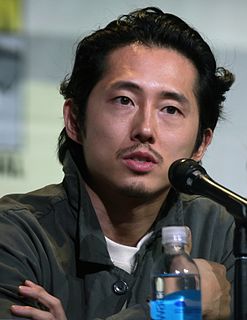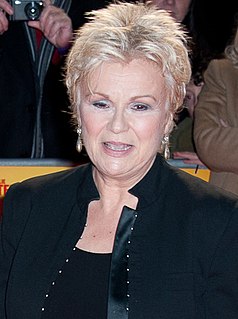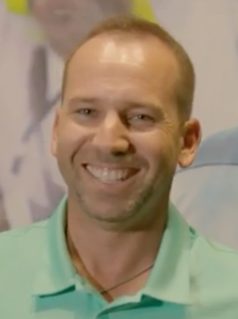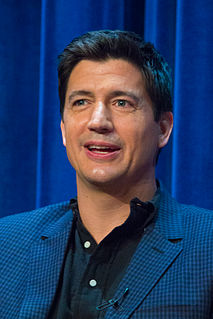A Quote by Judd Apatow
The thing that is incredibly helpful is that we screen the movies and we ask the audience if they like it or not and we ask a lot of questions and do testing on the movies. For comedies, at least, it's very helpful. If they're not laughing and they don't say that they loved it, then I have screwed up.
Related Quotes
There's no drama. There's nothing. Everyone is there to work, everyone is really kind and everyone is very helpful, especially to me. I went in there, hoping to learn. I could have easily been put on some project with somebody who really doesn't care about teaching or sharing. But, while I was there, all of the cast were very helpful. I would constantly ask questions.
I love horror comedies, and I love horror movies. In particular, I love horror movies from the '80s that have practical monsters in them. They're not just slasher movies with people going to kill people in people's houses. I do like these ridiculous monster movies. They're scary, but they're absurd. I had a lot of fun in my 20's, watching a lot of these movies late at night.
Being gay, you're kind of forced to ask, I suppose, very existential questions from a very, very early age. Your identity becomes so important to you because you're trying to understand it, and, I think, from the age of, like, 9, you're being forced to ask questions... that other kids maybe don't have to ask.







































